FREE UK Delivery £25+
FREE UK Delivery £25+
Blog
about us
account

6 Benefits of Omega-3s For Hair and Skin
February 09, 2021 4 min read 1 Comment
6 Benefits of Omega-3s For Hair and Skin

https://unsplash.com/photos/0_McYfdyEDA
Omega-3s are essential fatty acids that have incredible benefits for our health, playing a role in a range of brain and body functions, but did you know they also provide perks for your hair and your skin? Read on to learn more.
What Is Omega-3?
Omega-3s are a family of essential fatty acids that play vital roles in your body whilst also providing a lot of health benefits. (1) We call them ‘essential’ because your body is unable to produce them on its own, so you must get them from your diet.
There are 11 different types of Omega-3s but the three most important ones are alpha-linolenic acid (ALA), docosahexaenoic acid (DHA), and eicosapentaenoic acid (EPA). (2) ALA is found mainly in plant oils such as canola, flaxseed, and soybean oils, whereas DHA and EPA are found in fatty fish and other kinds of seafood. (3)
As we know, our body cannot make Omega-3s, but once you have consumed ALA your body can convert some into EPA, and then into DHA, but it tends to be only in very small amounts. Getting EPA and DHA from foods or dietary supplements are the only practical ways to get efficient levels of these essential fatty acids into your body. (3)
What Are The Benefits Of Omega-3 fatty acids?
Omega-3 fatty acids have a wide range of amazing health benefits for your body and brain, but they also provide a few benefits to your skin and hair.

https://unsplash.com/photos/r3ewHpMIV94
Omega-3 Benefits for Hair
Hair Loss
There have been numerous studies into the effect fish oils and Omega-3s have on hair loss, with research suggesting that they promote hair growth. These studies found fish oils cause your lock to enter the hair growth phase or stay in this phase for longer periods of time.
The hair growth happens in four stages: anagen, catagen, telogen, and exogen. The anagen stage is when growth happens. A study with 120 female participants found that taking Omega-3 and Omega-6 supplements reduced the amount of hair in the telogen stage (the rest stage) and increased time spent in the growth stage. (4) Compared with the control group, the participants, who had taken the supplements for 6 months, reported less loss and more growth.
Hair Thickness
The same study cited above found that almost 90% of participants in the supplement group said their hair felt thicker than before. (4) With 86% reporting an improvement in hair diameter, and 97% in hair density.

https://www.pexels.com/photo/fashion-man-couple-love-4556794/
Omega-3 Benefits for Skin
Sun Damage
Sun damage is the number one sign of ageing (5) as the ultraviolet rays (UV) that damage your skin and cause sunburn. Over time, these rays can lead to wrinkles, dark spots, and dry skin.
Omega-3s may protect against these harmful UV rays, with studies finding that supplementing with a combination of DHA and EPA may reduce your risk of skin’s sensitivity to UV rays. (6) In a smaller study, participants who consumed extra Omega-3 EPA for 3 months increased their resistance to sunburns by 136%, whilst the placebo group found no significant changes. (7)
More research is needed on these topics before conclusions can be drawn, but there certainly seems to be a cause and effect relationship.
Dry Skin and Eczema v
Eczema, also known as atopic dermatitis, is an inflammatory condition of the skin that causes itching and scaling, with skin that can sometimes crack and bleed. A study found that both EPA and DHA can restrict inflammation, which may benefit the skin. (8)
A study on rats found that supplementation of Omega-3s reduced itch-relating scratching and dryness. (9) These effects do need further studies, though, as a 2016 study found there is only limited evidence to support this benefit. (10)
Hyperpigmentation
Hyperpigmentation is when darker patches of skin appear due to a result of increased melanin production. This has many causes, including: ageing, UV exposure, hormonal changes, and skin trauma.
Omega-3s could help to reduce hyperpigmentation, as it can minimise wound infections and speed up healing. This is especially useful if the hyperpigmentation is due to skin trauma. (11) DHA has also been shown to inhibit melanin production, which may reduce the risk of UV-induced hyperpigmentation. (12)
Acne
 https://www.pexels.com/photo/fashion-man-people-woman-6338370/
https://www.pexels.com/photo/fashion-man-people-woman-6338370/
As acne causes pimples and cysts that can be inflamed and painful, Omega-3s may help reduce general inflammation. (13) Studies focusing on Omega-3s benefits for acne have shown mixed results.
A small, randomised, double-blind and controlled trial found Omega-3 supplementation decreased acne lesions (a catch-all term to describe the bumps that characterize most acne conditions) significantly over the course of 10 weeks. (14)
Omega-3s may help reduce acne in some individuals, but there isn’t strong evidence that it will help everyone, but it may be worth giving it a try.
What About Vegan Omega-3?
As mentioned earlier, DHA and EPA are most commonly sourced from fatty fish, which vegans don’t consume, so this makes it difficult for those on a plant-based diet to get many of the Omega-3 hair and skin benefits.
But there’s good news, the fish don’t make the Omega-3s themselves. Instead, they obtain it from eating krill who have eaten a special species of micro-algae that has evolved to create their own DHA and EPA.
This means that the best source of Omega-3 fatty acids for those on a plant-based diet is an algae oil supplement. By going straight to the source the fish use, we can create a healthy, vegan Omega-3 fatty acids supplement with minimal environmental impact. One study even found algae oil was better than krill at raising EPA levels. (15)
Protect your future health by getting your Omega-3s - straight from the source. If you’re looking to begin taking an Omega-3 supplement, then check out Omvits, a 100% plant-based, ocean-friendly, and sustainable multivitamin and mineral creator.
(1) https://pubmed.ncbi.nlm.nih.gov/25339684/
(2) https://www.scienceofcooking.com/what-are-different-types-of-omega-3-fatty-acids.htm
(3) https://ods.od.nih.gov/factsheets/Omega3FattyAcids-Consumer/
(4) https://pubmed.ncbi.nlm.nih.gov/25573272/
(6)https://pubmed.ncbi.nlm.nih.gov/21569104/
(7) https://pubmed.ncbi.nlm.nih.gov/12771037/
(8) https://www.ncbi.nlm.nih.gov/pmc/articles/PMC3575932/
(9) https://pubmed.ncbi.nlm.nih.gov/26195090/
(10) https://www.ncbi.nlm.nih.gov/pmc/articles/PMC5006549/
(11) https://www.ncbi.nlm.nih.gov/pmc/articles/PMC4217020/
(12) https://www.ncbi.nlm.nih.gov/pmc/articles/PMC6117694/
(13) https://www.ncbi.nlm.nih.gov/pmc/articles/PMC6407714/
1 Response
Leave a comment
Comments will be approved before showing up.
Also in The Omvits Blog

The Power of Running: How a 200 Mile Run to Wales Became a Meaningful Journey for a Great Cause
May 03, 2023 3 min read
We interviewed Andrew Thomas, who was preparing for a 200-mile marathon from London to Wales to raise funds for Maggie's Cancer. Read the article to know more about his adventure!
Subscribe
Sign up to get the latest on sales, new releases and more …
Recent Articles
-
The Power of Running: How a 200 Mile Run to Wales Became a Meaningful Journey for a Great Cause
May 03, 2023
-
Sneaky Ingredients To Watch Out For If You're Vegan
January 11, 2022
-
How To Do Veganuary If You’re On A Super Tight Budget
January 11, 2022
-
How To Satisfy Meat & Fish Cravings During Veganuary
January 11, 2022
-
Common Pitfalls Of Veganuary And How To Avoid Them
January 11, 2022
-
Simple Nutrition Advice For Veganuary And Beyond
January 11, 2022
-
Best Vegan Meat Alternatives To Try This Veganuary
January 11, 2022
-
5 Ocean Friendly Clothing Brands To Check Out This Month
June 21, 2021
-
12 Incredible Ocean Conservationists To Support This June
June 16, 2021
-
How To Do Something For World Ocean Day If You Can't Get To A Beach
June 08, 2021

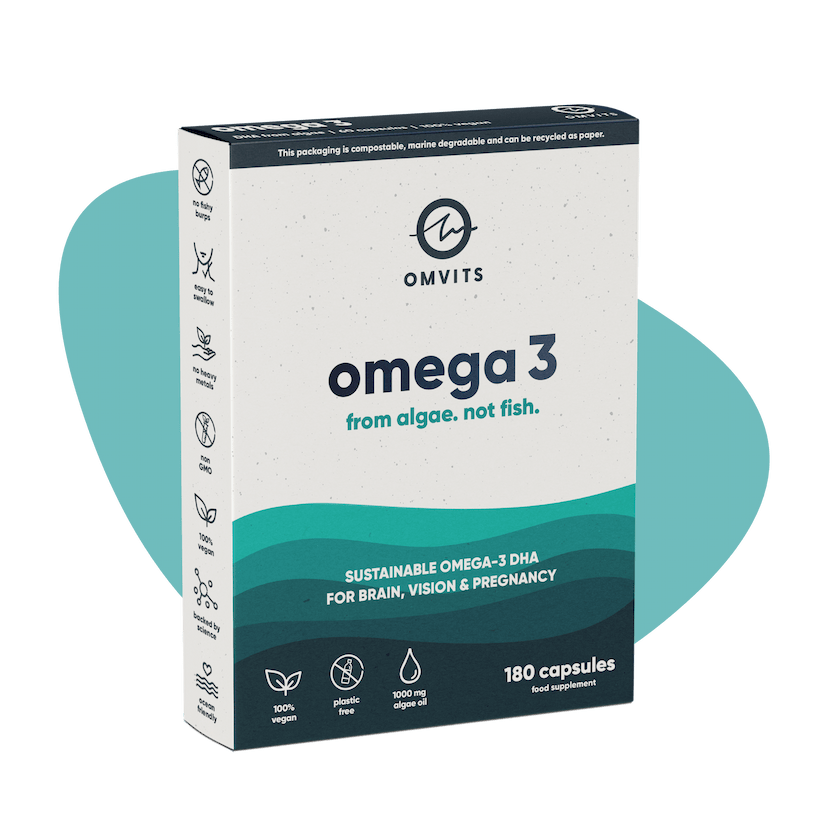
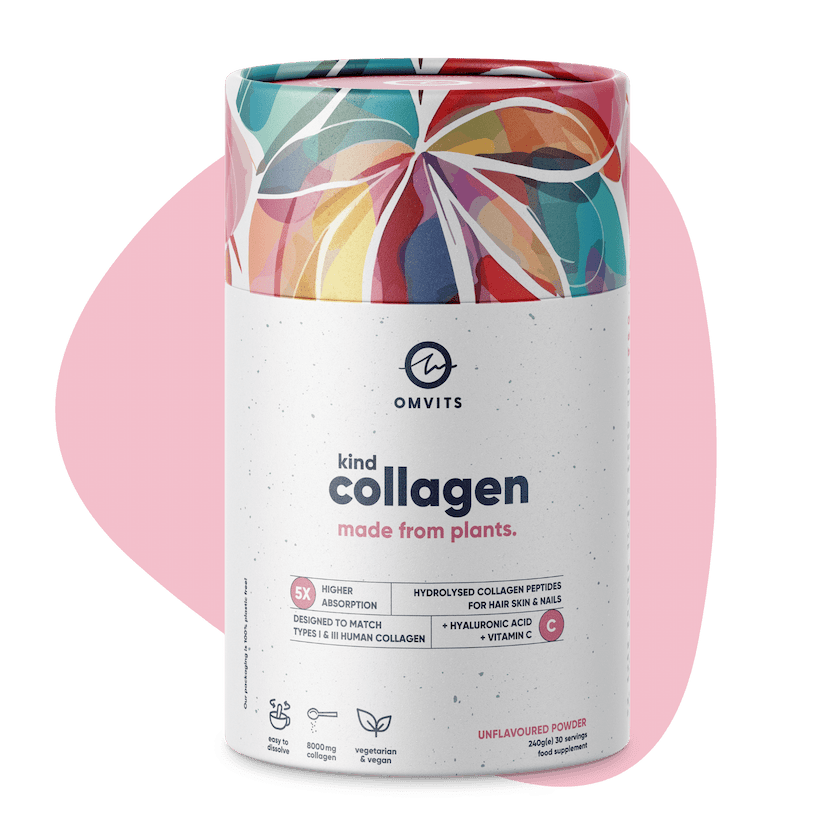
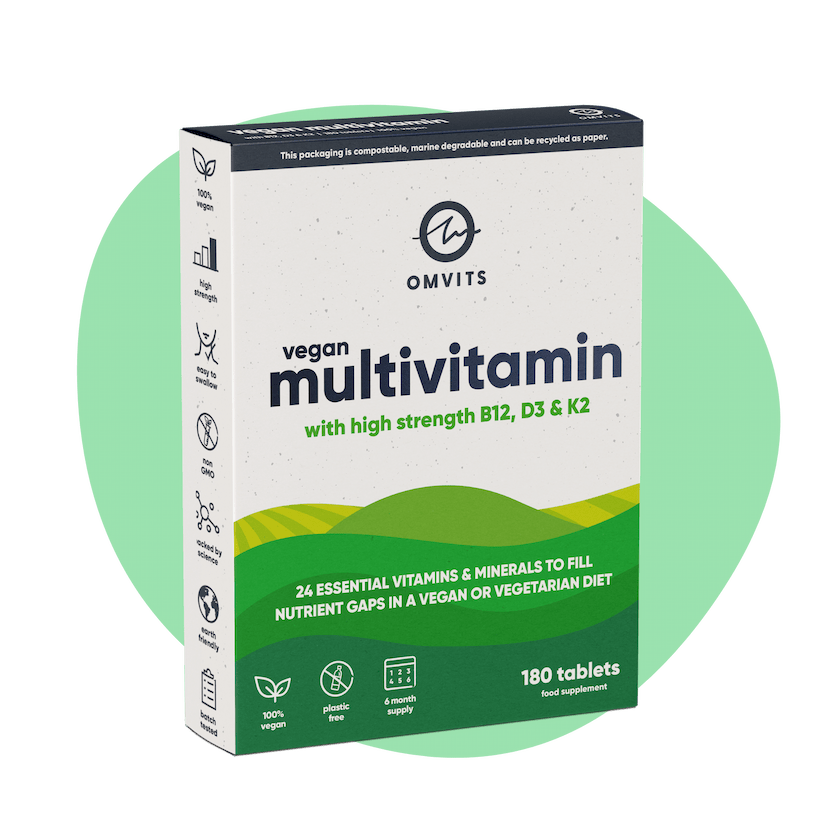
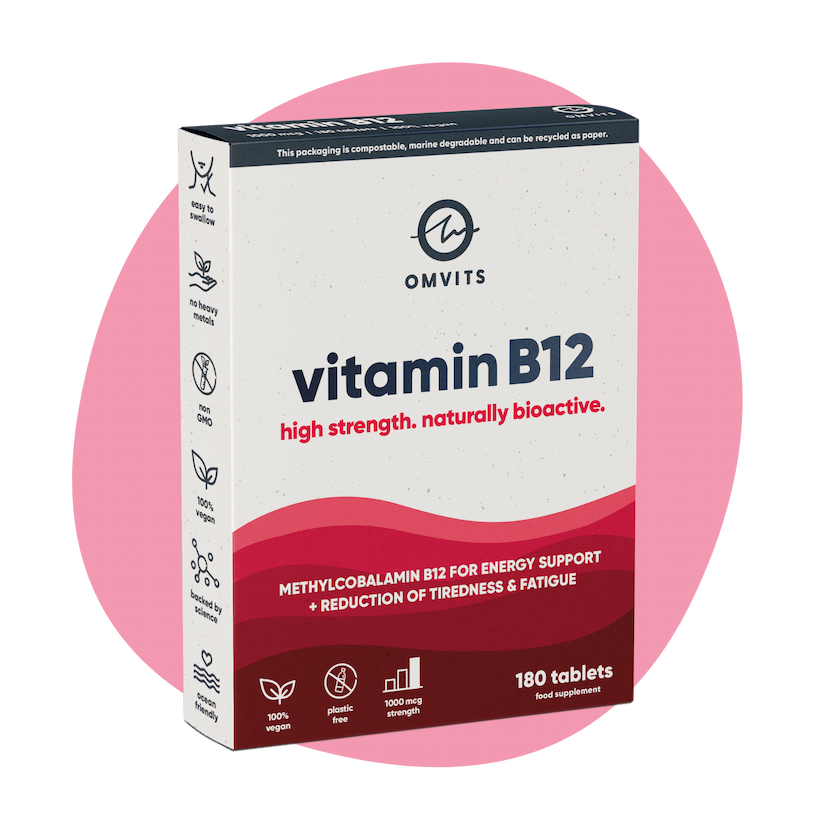
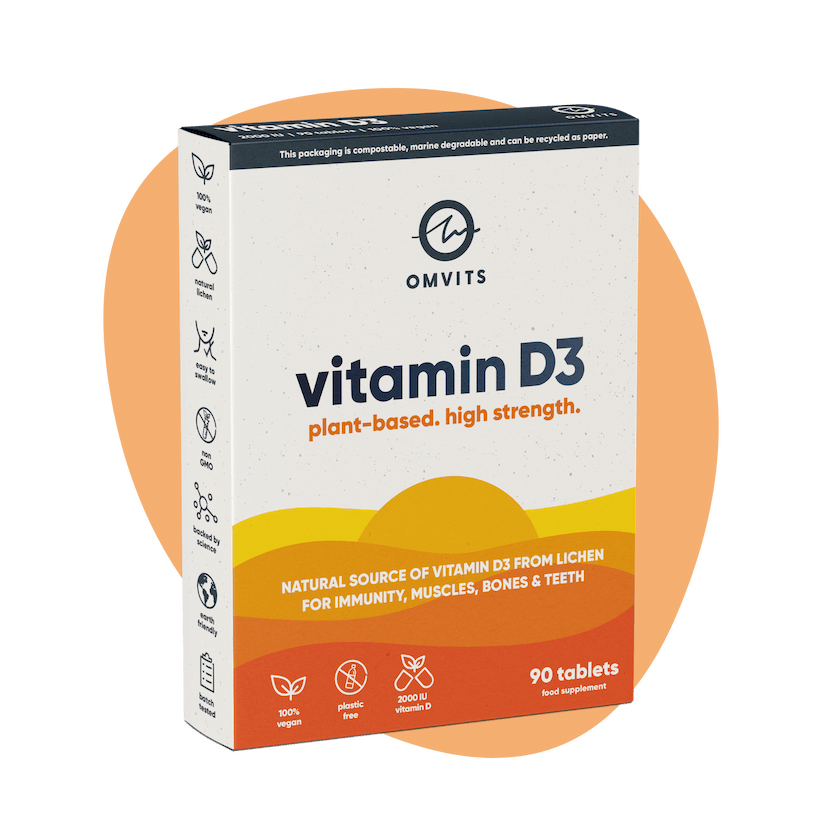


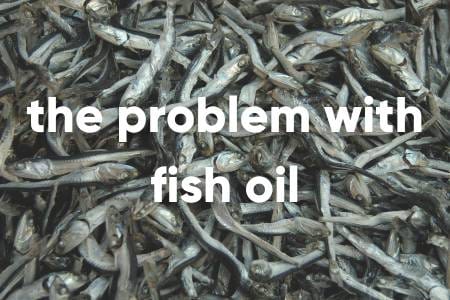









Samantha Morris
December 19, 2022
Hoping omega 3 will improve my brain and hair